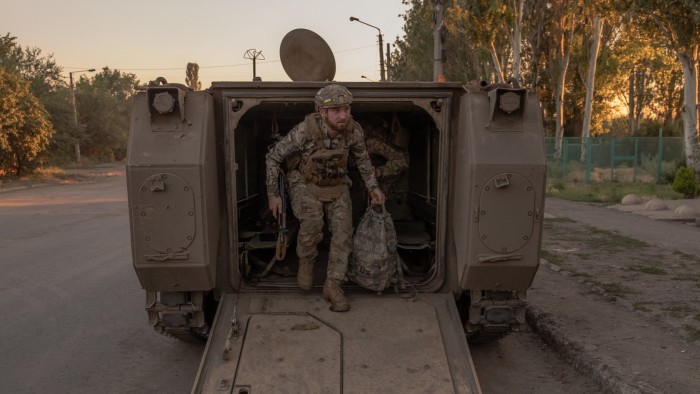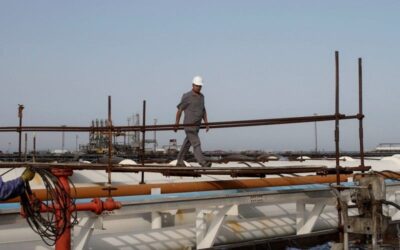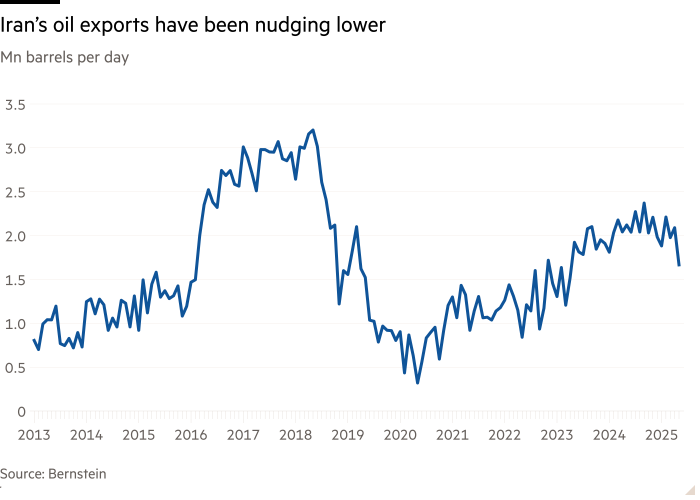Strengthening EU defence won’t undermine the transatlantic alliance

Unlock the White House Watch newsletter for free
Your guide to what Trump’s second term means for Washington, business and the world
The writer is president of the European Council
This month marks a pivotal moment for transatlantic relations. As G7 and Nato leaders convene, and the EU and Canada hold a bilateral summit, critical negotiations on tariffs and efforts to secure peace in Ukraine are accelerating. Yet, amid these developments, one fundamental issue demands our full attention and will determine the success or failure of all others. The US is recalibrating its geostrategic priorities and signalling a reduction in its defence commitment to Europe. This shift is not new — but it must be addressed urgently.
Not long ago, concepts such as “strategic autonomy” and the idea of a stronger European pillar within Nato were seen as potentially damaging to the relationship between the EU and US. Today, however, they are an essential precondition for preserving and strengthening the Atlantic alliance. Since March 2022, in the wake of Russia’s full-scale invasion of Ukraine, the EU has decided to assume greater responsibility for its own defence. We have a timeline: this March, EU leaders set themselves the goal of decisively increasing Europe’s defence readiness by 2030.
The question before us is clear: how can European allies step up to rebalance defence efforts — not with the aim of replacing the US, but in order to revitalise Nato through burden-sharing that preserves the deterrence guaranteed by Article 5 of the North Atlantic Treaty? This is the defining challenge for Europe and America. So let us focus on that common priority to achieve an outcome that is win-win.
Trade conflicts and tariffs risk are more than a distraction from this aim; they undermine the very economic strength that is needed for this strategic transition. Uncertainty, disruption of global supply chains and lower economic growth all hinder the ability of states to increase investment in security and defence.
Together, the EU and US represent 30 per cent of global trading flows and more than 40 per cent of global GDP. In a moment of heightened geopolitical tensions, they should build on trade as their shared economic superpower.
Equally, supporting Ukraine’s fight for peace is critical for Europe’s security and for the success of our defence rebalancing. A Russian victory would dramatically extend its borders with Nato and serve as a dangerous precedent for future violations of sovereignty and territorial integrity across the globe.
Europe is ready to take up more responsibility. Russian aggression against Ukraine has fundamentally reshaped the security landscape on our continent, demonstrating that peace without defence is an illusion. Europe has united in support of Ukraine. Nato’s European pillar has become stronger with the accession of Sweden and Finland. Between 2021 and 2024, EU member states increased their defence spending by 30 per cent.
The EU is building a stronger defence industry and paving the way for member states to increase their investments. At the upcoming Nato summit, European allies will reaffirm their commitment to shoulder more responsibility.
To succeed, we must spend better and more efficiently. We must act collectively as Europeans. Joint procurement, demand aggregation, standardisation and interoperability are essential — alongside a coherent contribution from strengthened armed forces to collective European security. This should not be a competition but rather a shared investment in the common defence of Europe. Nato’s defence plans already define the capabilities necessary for a comprehensive 360-degree strategic vision. The EU is playing its role in full harmony with Nato. Implementing this plan together is imperative.
Finally, security is about more than defence. It requires peace, prosperity and stability built on sustainable solutions to global challenges. This is the common focus Europe and the US must embrace. We can only succeed together.



